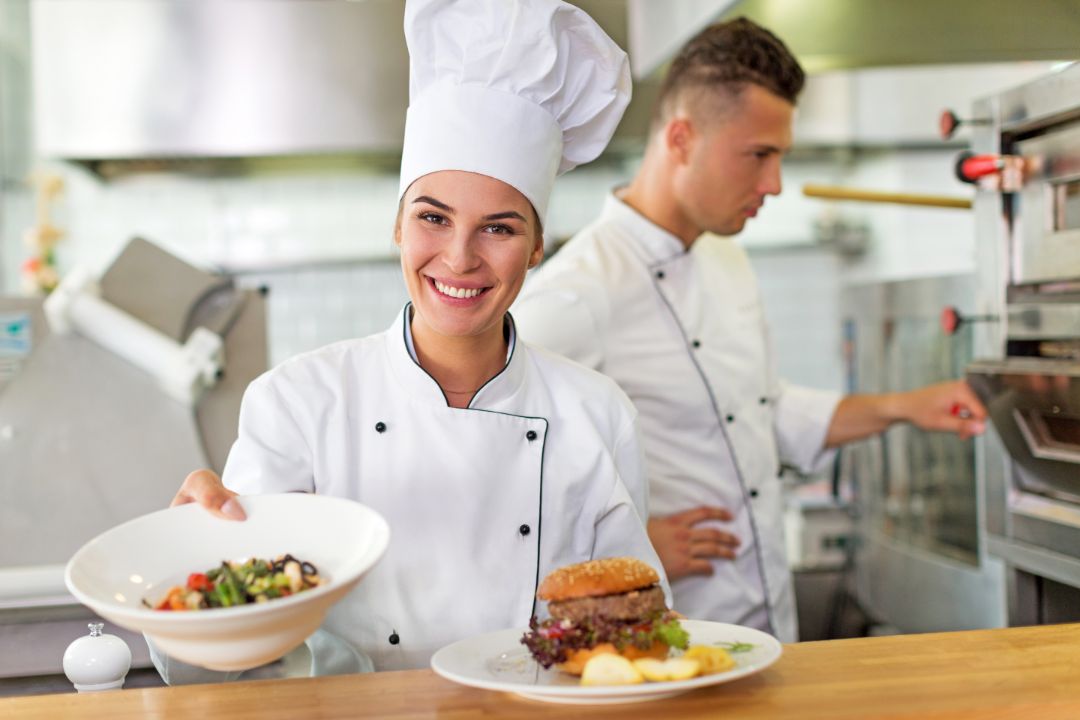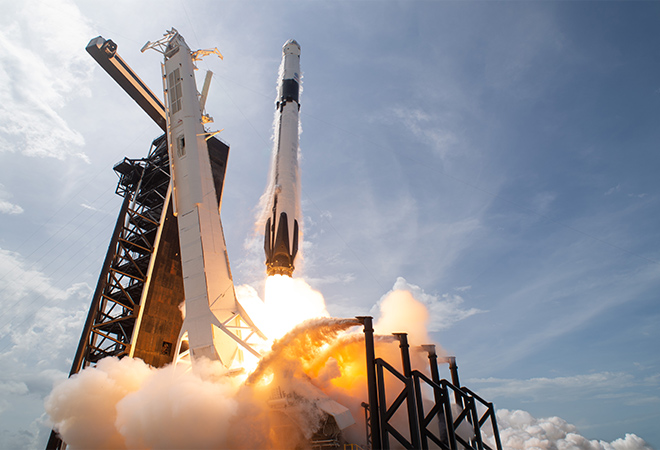Mastering the Culinary Arts: Essential Skills of a Cooking Master
Cooking is not just about combining ingredients and following a recipe. It’s an art that requires a blend of creativity, precision, technique, and a deep understanding of flavors. A cooking master possesses a range of skills that elevate their dishes to a level that tantalizes taste buds and leaves a lasting impression. In this article, we will explore the essential skills that define a cooking master.
1. Knife Skills
A cooking master possesses exceptional knife skills. This includes not only how to handle a knife safely but also how to slice, dice, chop, and mince ingredients with precision. Knife skills are fundamental to efficient cooking and presentation.
2. Flavor Proficiency
Understanding flavors is key to creating delicious dishes. A cooking master can identify different tastes, aromas, and how they complement or contrast with each other. They know when to use sweet, salty, sour, bitter, and umami elements to achieve a harmonious balance.
3. Technique Mastery
Mastery of various cooking techniques is crucial. This includes sautéing, roasting, grilling, baking, broiling, braising, poaching, and more. Different dishes require different techniques, and a cooking master knows how to apply these techniques to get the best results.
4. Ingredient Knowledge
A cooking master possesses in-depth knowledge of various ingredients, including seasonal availability, quality, origin, and how to use them effectively. They understand how to use fresh produce, herbs, spices, grains, proteins, and dairy to create diverse and flavorful dishes.
5. Creativity and Innovation
Creativity sets a cooking master apart. They can take basic ingredients and transform them into extraordinary dishes. They experiment, innovate, and are not afraid to think outside the box, pushing the boundaries of traditional cuisine.
6. Time Management
In a professional kitchen, time is of the essence. A cooking master knows how to manage time efficiently, ensuring that each component of a meal is prepared to perfection and presented at the right moment.
7. Plating and Presentation
The presentation is as important as the taste of a dish. A cooking master pays attention to plating, garnishing, and how the dish is presented to the diners. They understand that the visual appeal of a meal is the first impression that counts.
8. Adaptability and Problem-Solving
In the fast-paced world of cooking, things don’t always go as planned. A cooking master remains calm under pressure, adapts to unforeseen circumstances, and can creatively solve problems without compromising the quality of the dish.
9. Taste Testing and Adjustments
Constantly tasting and adjusting the seasoning is a skill that refines a dish to perfection. A cooking master has a keen palate and knows how to adjust flavors to achieve the desired taste profile.
10. Passion and Dedication
Last but not least, a cooking master possesses an undying passion for food and cooking. They are dedicated to their craft, continuously seeking to improve and learn, and never lose their love for creating exceptional meals.
Conclusion
Becoming a cooking master requires time, dedication, practice, and a genuine love for the art of cooking. By honing these essential skills, aspiring chefs can transform their passion into mastery, delighting palates and leaving a mark in the culinary world.







